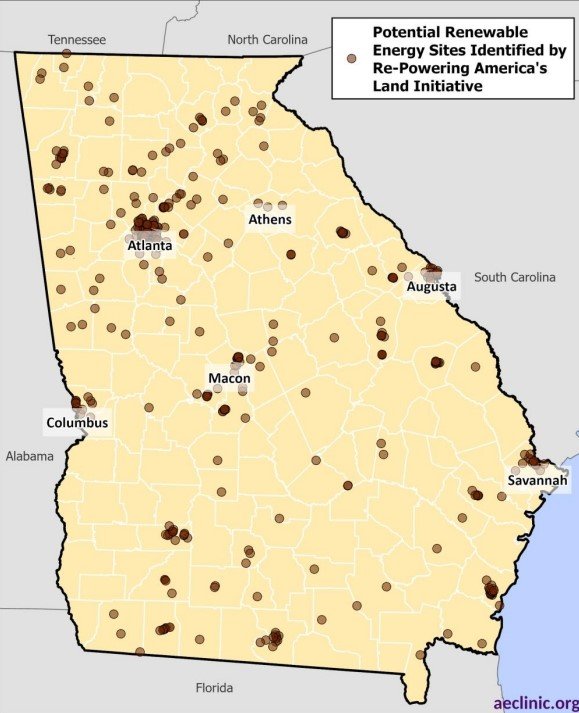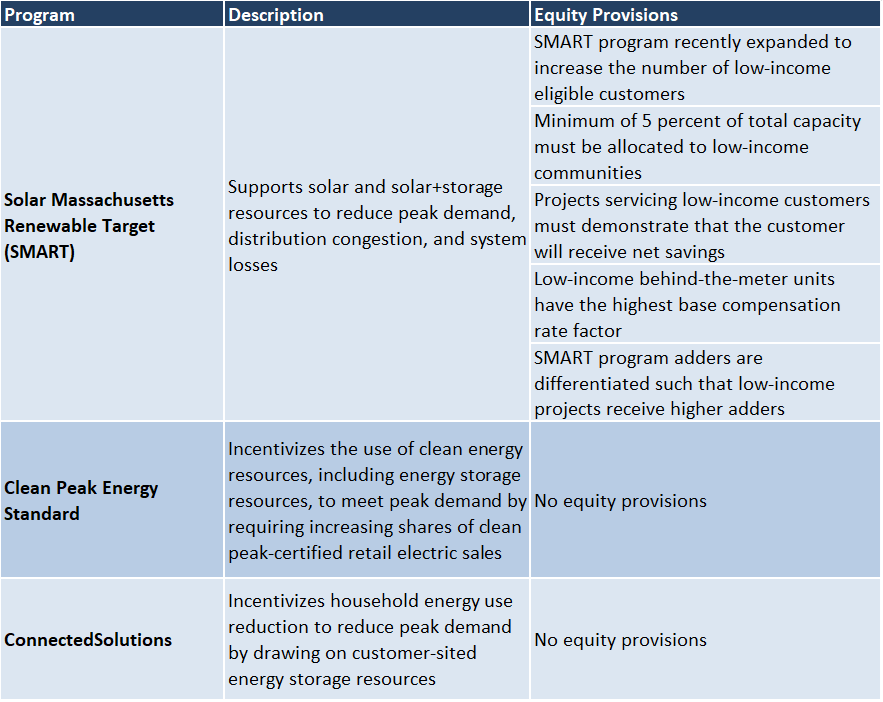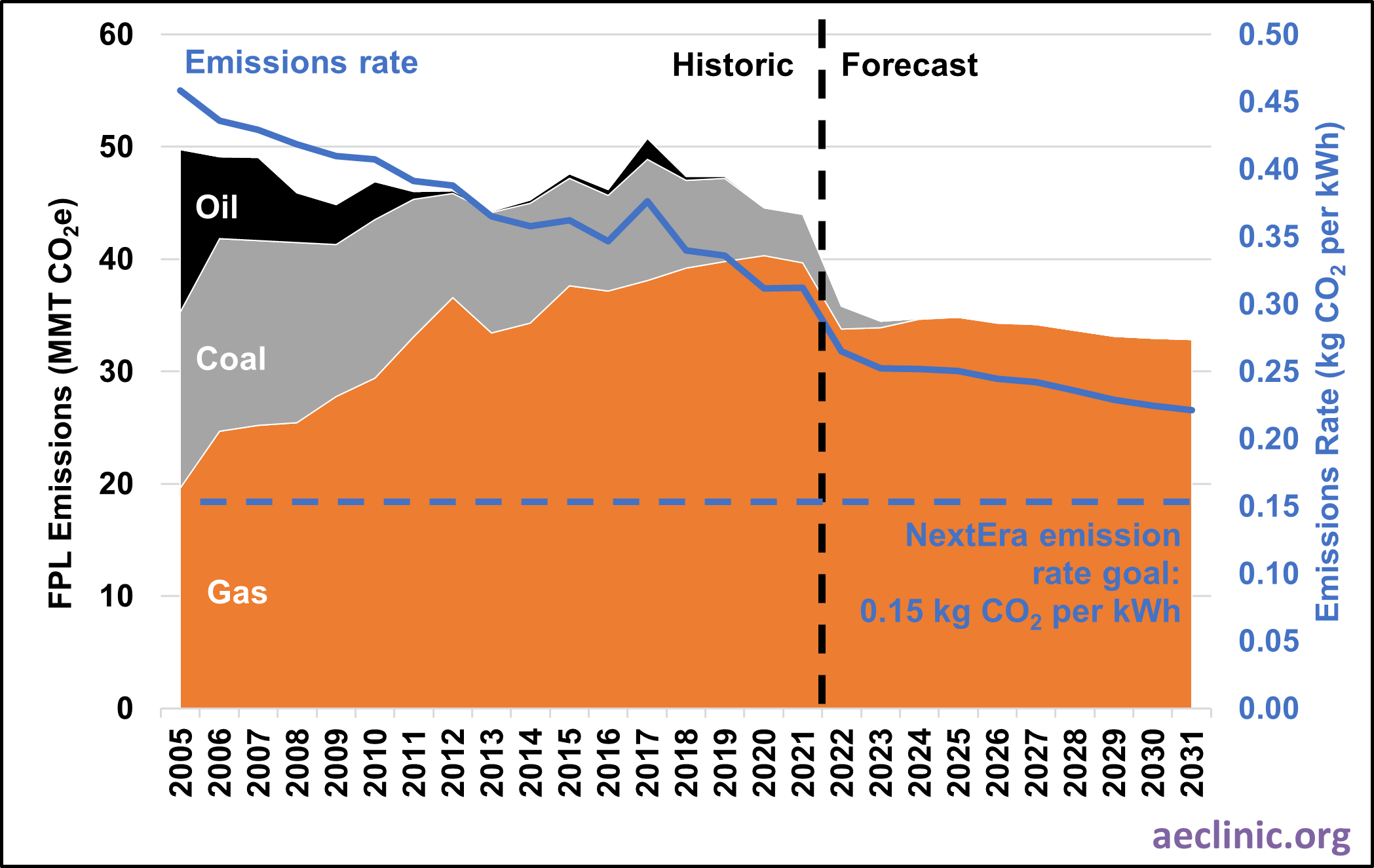Client: Massachusetts Department of Energy Resources (DOER)
Authors: Bryndis Woods, PhD and Tanya Stasio, PhD
December 2025
On behalf of the Massachusetts Department of Energy Resources (DOER), Principal Analyst Bryndis Woods, PhD and Senior Researcher Tanya Stasio, PhD contributed to an assessment of load management potential in Massachusetts in futures aligned with deep decarbonization and the Commonwealth’s Climate and Clean Energy Plan (CECP) goals. The assessment was led by Energy + Environmental Economics (E3) and AEC supported by leading the development of resiliency and equity impacts of load management resource deployment and managing the advisory group and stakeholder sessions.
AEC managed a total of four advisory group meetings and two public stakeholder workshops between May and September 2025. AEC's analysis included the development of a Social Vulnerability Index (SVI) that identified disadvantaged communities in Massachusetts by assessing their vulnerability across ten measures (e.g. income, race/ethnicity, energy burden). We find that mindful design of programs to support load management strategies can improve outcomes for disadvantaged communities (e.g. reduced energy burden, reduced outages).
Link to Report
Link to DOER Project Webpage
Return to Our Work



















